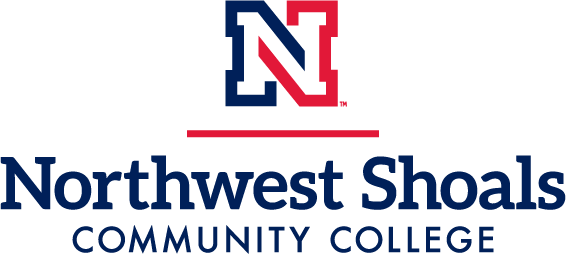Music
Classes
MUS 101 : Music Appreciation
Credits
3MUS 103 : Survey of Popular Music
Credits
1MUS 104 : Jazz: An Introduction and History
This course provides a study of the origins, development and existing styles of jazz. Topics include the blues, piano styles, Dixieland, swing, bebop, third stream, cool, free jazz and jazz/rock fusion. Upon completion, students should be able to demonstrate a knowledge, understanding and an aural perception of the different style characteristics of jazz music.
Credits
1MUS 110 : Basic Musicianship
Credits
3Prerequisites
Permission of the instructor.
MUS 111 : Music Theory I
Credits
3Corequisites
MUS 113, if ear training lab is a separate course.
MUS 112 : Music Theory II
Credits
3Prerequisites
Corequisites
MUS 114, if eartraining lab is a separate course.
MUS 113 : Music Theory Lab I
Credits
1MUS 114 : Music Theory Lab II
Credits
1Prerequisites
MUS 113.
Corequisites
MUS 112, if ear training lab is a separate course.
MUS 115 : Fundamentals of Music
Credits
3MUS 161 : Diction for Singers
Credits
2Prerequisites
Permission of the instructor.
MUS 170 : Introduction to Church Music
Credits
2MUS 171 : Service Playing
Credits
1Prerequisites
Permission of the instructor.
MUS 180 : Piano Pedagogy Seminar
Credits
1Prerequisites
Permission of the instructor.
MUS 201 : Survey of Music Literature I
Credits
3Prerequisites
Permission of the instructor.
MUS 202 : Survey of Music Literature II
Credits
3Prerequisites
Permission of the instructor.
MUS 203 : Music History I
Credits
3MUS 204 : Music History II
Credits
3MUS 211 : Music Theory III
Credits
3Prerequisites
MUS 112.
Corequisites
MUS 213, if ear training lab is a separate course.
MUS 212 : Music Theory IV
Credits
3Prerequisites
MUS 211.
Corequisites
MUS 214, if ear training lab is a separate course.
MUS 213 : Music Theory Lab III
Credits
1Prerequisites
MUS 114.
Corequisites
MUS 211, if eartraining lab is a separate course. This course provides the practical application of chromatic
musical
MUS 214 : Music Theory Lab IV
Credits
1Prerequisites
MUS 213.
Corequisites
MUS 212, if ear training lab is a separate course.
MUS 215 : Composition I
Credits
1Prerequisites
MUS 112 or permission of the instructor.
MUS 216 : Composition II
Credits
1Prerequisites
MUS 215.
MUS 217 : Jazz Improvisation
Credits
1 - 3Prerequisites
Permission of the instructor.
MUS 251 : Introduction to Conducting
Credits
3Prerequisites
MUS 110 or permission of the instructor.
MUS 270 : Organization of the Church Music Program
Credits
2Prerequisites
Permission of the instructor.
MUS 271 : Church Music Literature
Credits
2Prerequisites
MUS 170 or permission of the instructor.
MUS 272 : The Children’s Choir
Credits
2Prerequisites
Permission of the instructor.
MUS 273 : Literature for the Church Soloist
Credits
2Prerequisites
Permission of the instructor.
MUS 279 : Church Music Practicum
Credits
1Prerequisites
Permission of the instructor.
